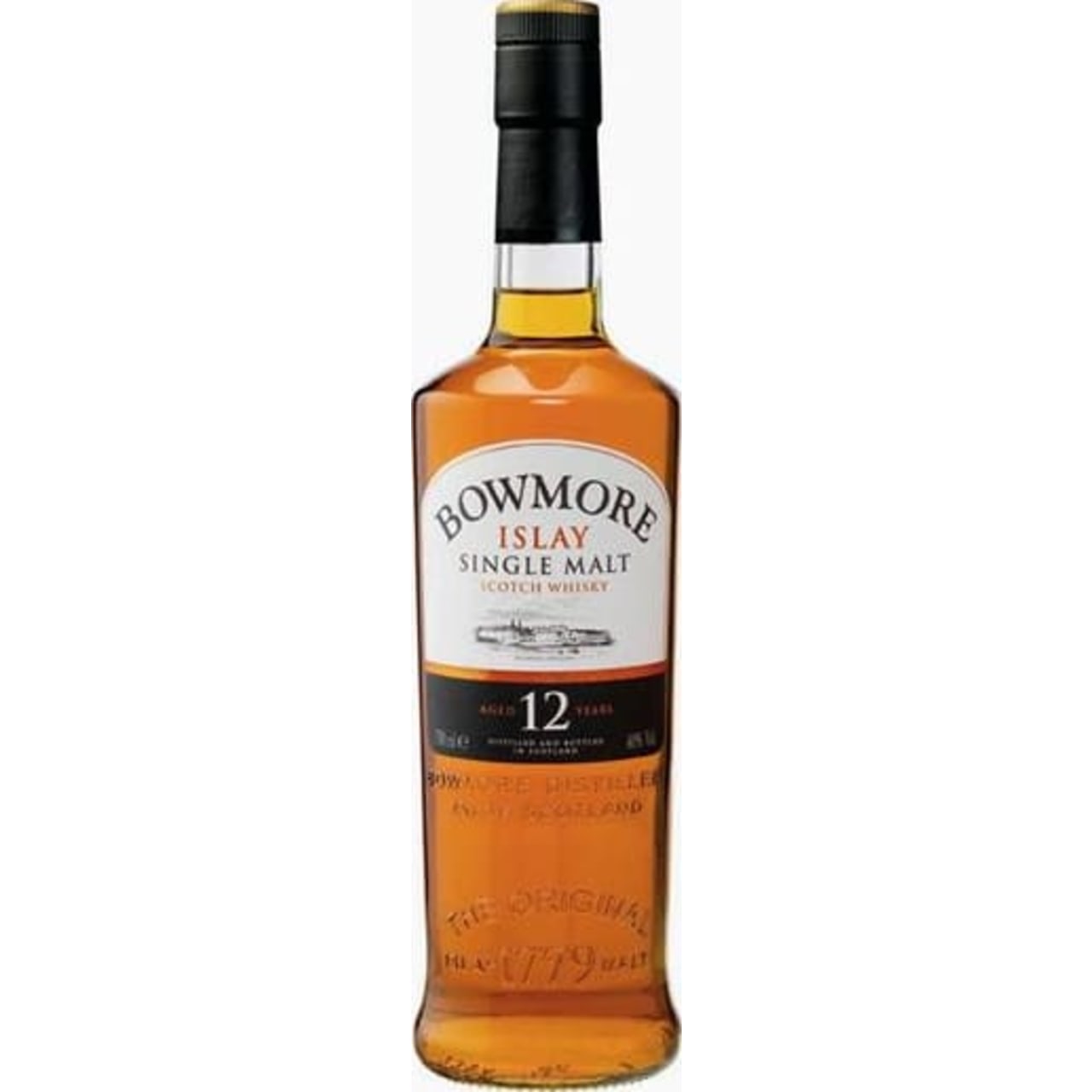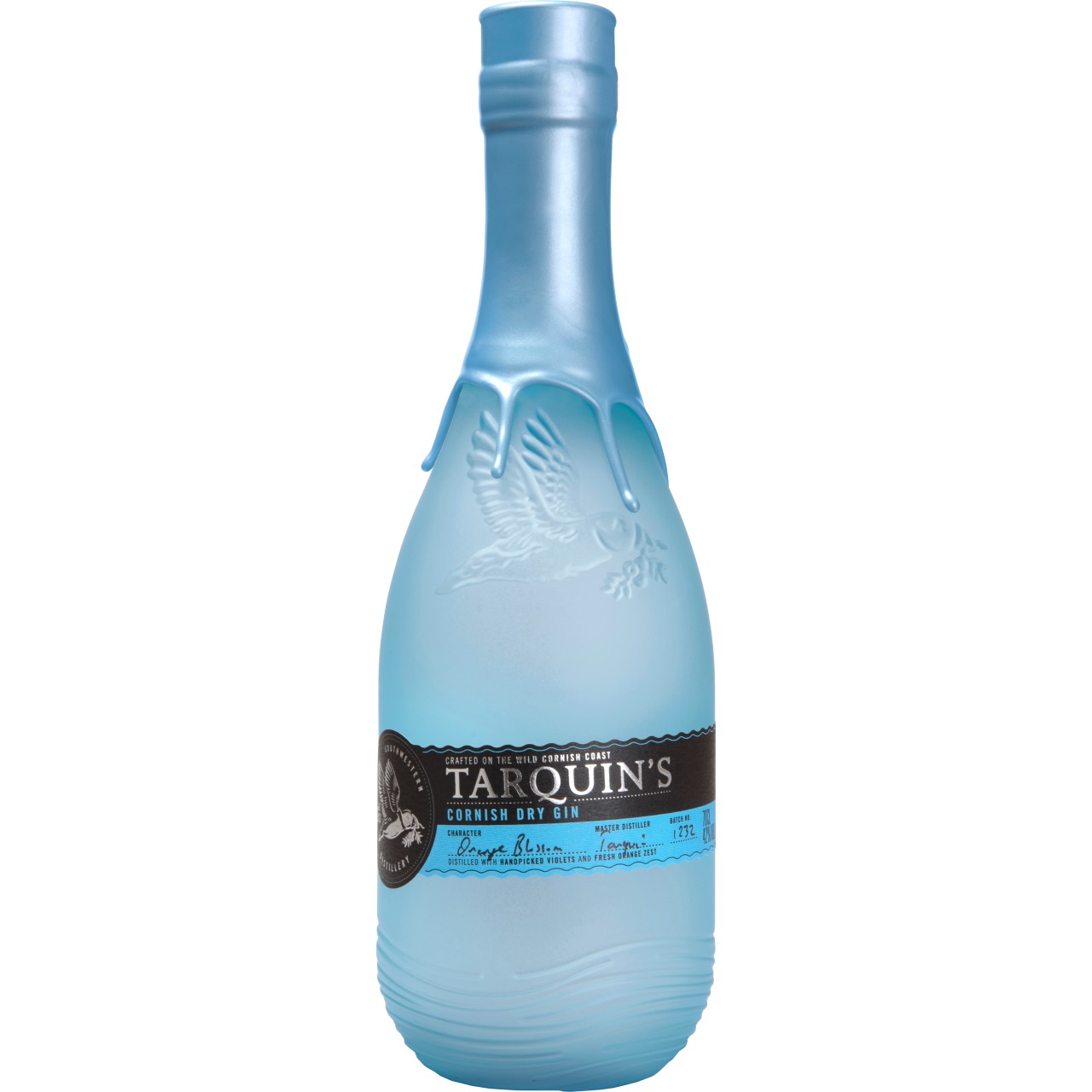

Senses have an extraordinary capacity to transport us through time and space.
Smells, flavours and sounds can unlock memories, allowing us to relive moments and with this, a strong emotional connection can be formed to a particular perfume, drink, or any other thing that stimulates the senses.
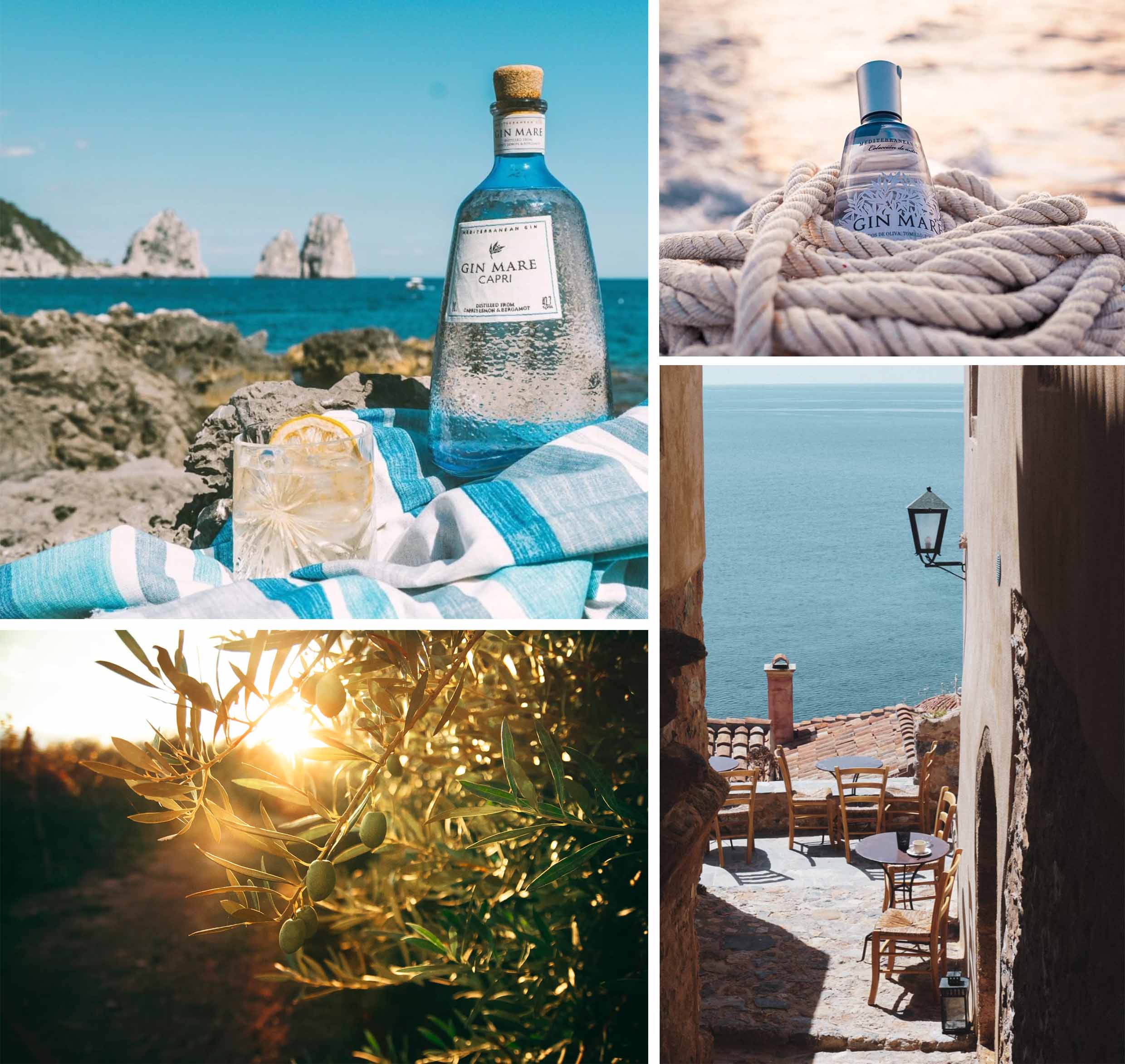

Gin does this especially well, as Emma Stokes discussed in an article for Gin Magazine last year, giving the examples of several gins and the botanical composition that connects them to their surroundings.
Gin Mare for example, evokes the Mediterranean with its herbal notes, arbequina olive and citrus, Stranger and Sons has “an unmistakable profile of Indian spice and citrus” and Four Pillars Gin's Tasmanian pepperberry and lemon myrtle brings a warm, heady combination that we associate with Australia.
By taking a neutral grain spirit, gin makers essentially begin with a blank canvas that they can ‘paint’ with botanicals, creating feelings linked to place, time, story or concept.
To me at least, this was certainly one of the factors in the gin boom, with each gin possessing particular qualities and distinct identity. With this, the different experiences offered suddenly became collectable. Regionality became palpable and the gin shelf became as much a list of destinations as it did an array of flavour.


Coastal gins have become rather popular on our island.
Debbie MacMillan, Office Manager for Isle of Barra Gin, explains how theirs was created to evoke the feeling of the sea. “When you stand on the edge of the land/rocks here looking out to the Atlantic, whether it be the height of summer or in the depth of the wild winters we experience here, you are met each time by the same feeling. There's a sense of excitement, fearlessness and of course, the smell and spray of the ocean. That is exactly what we want drinkers to experience when they try our Barra Atlantic Gin.”
Whilst gin is one of the spirits that most obviously leans on this idea, both overtly through its marketing and through the flavours it encapsulates - a sense of place is apparent in all spirits.
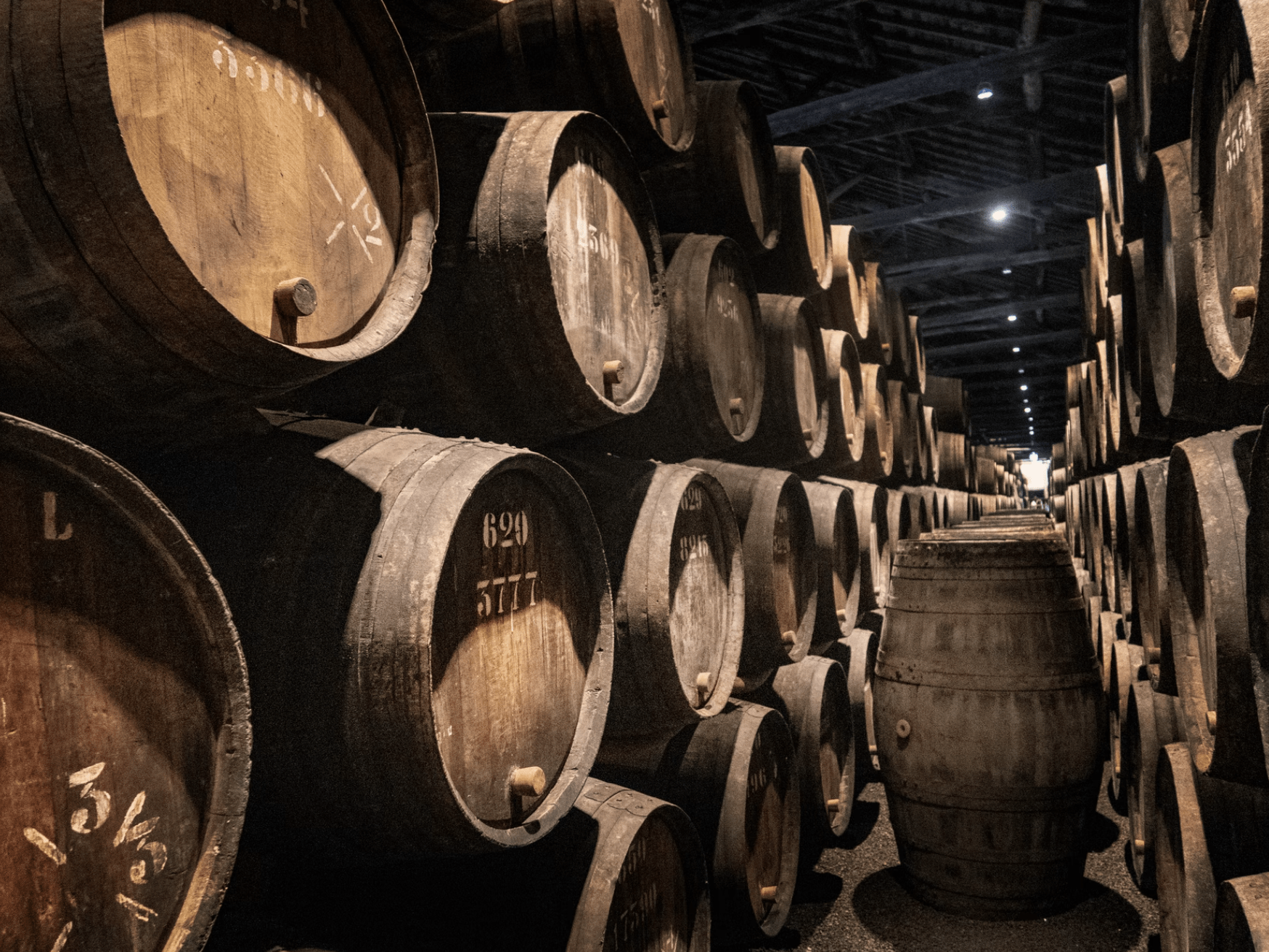

Whisky, contains complex flavour compounds created through the mash, distillation and ageing processes and this triggers the same response. You can tell regionality through shared processes, like the historic use of peat on Islay or the types of casks used in Kentucky compared to in Australia. But it can be more subtle than that. More personal too.
Spirits Writer and tasting expert Ian Wisniewski is keen to explore this subject. He explains that the link between personal memory and ongoing perception is particularly pertinent when you have visited the distillery that produces the spirit.
“Visiting distilleries can produce very special, memorable moments specific to each. For example, when visiting Bowmore we walked from the distillery to the edge of the loch with a dram in hand. It was a serene, warm, moonlit evening, and it was a beautiful experience.
That’s why when tasting a malt whisky from a distillery I’ve visited there can definitely be additional feelings involved. Sometimes these feelings are conscious, and I am aware of my memories of the distillery. But I think these memories can also have an influence when I’m not consciously remembering them. Of course this is not something I can prove, it’s just a theory that once experiences are logged into the memory bank, subconsciously they can still evoke feelings when you reconnect with the spirit.”
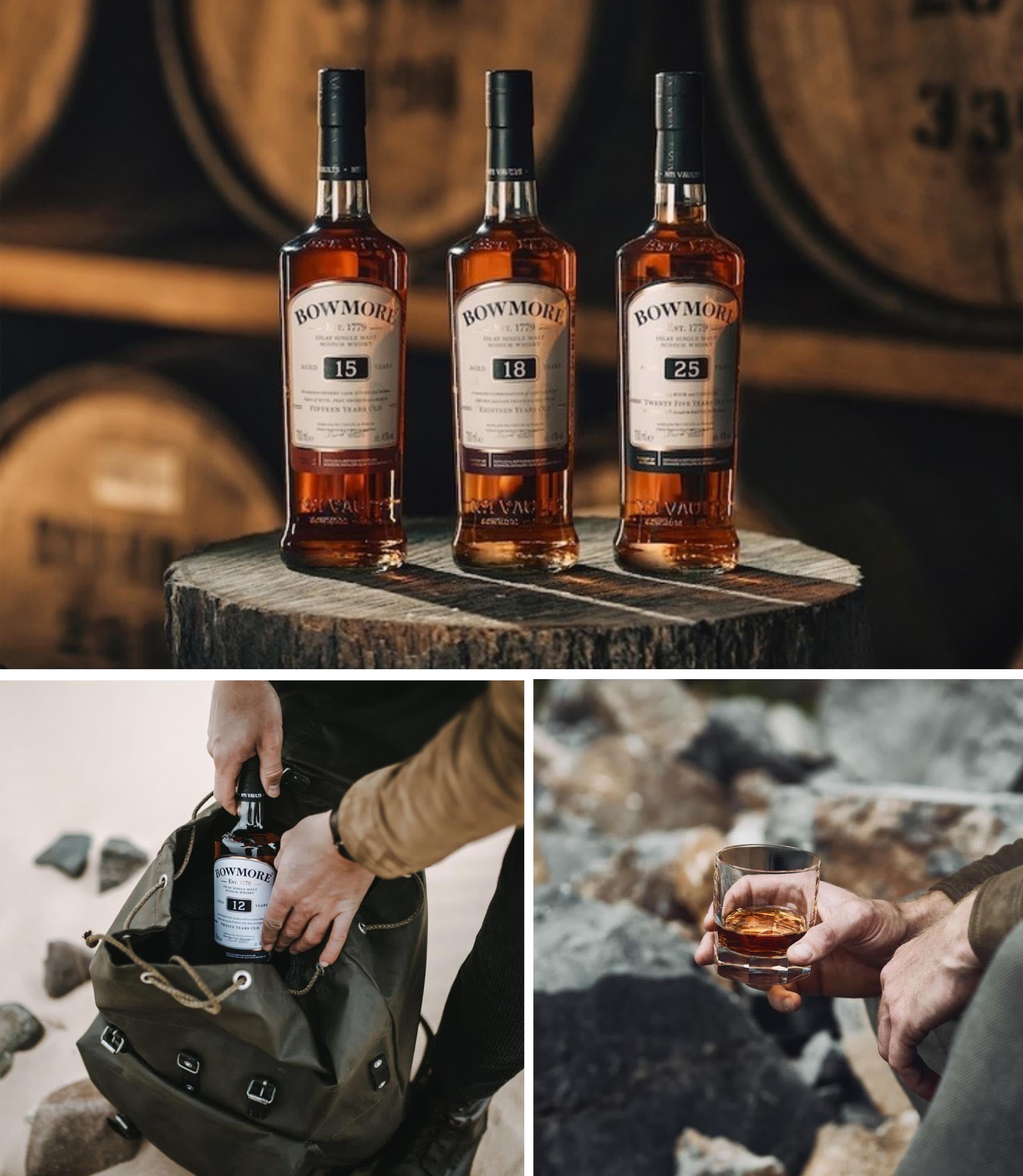

Whilst there are some things that may remain an alluring mystery, there are some things we can prove.
In a study carried out on the link between senses and memory, it was found that “memories related to an event are scattered across the brain’s sensory centres, but marshalled by a region called the hippocampus. If one of the senses is stimulated to evoke a memory, other memories featuring other senses are also triggered.”
Jay A Gottfried, University College London’s Department of Imaging Neuroscience, was involved in the study and suspects that “odour- linked memories may persist even after the hippocampus has given up its orchestrating role. Patients with damage to their hippocampus can have amnesia stretching back several years, but still recall smells from their childhood.”
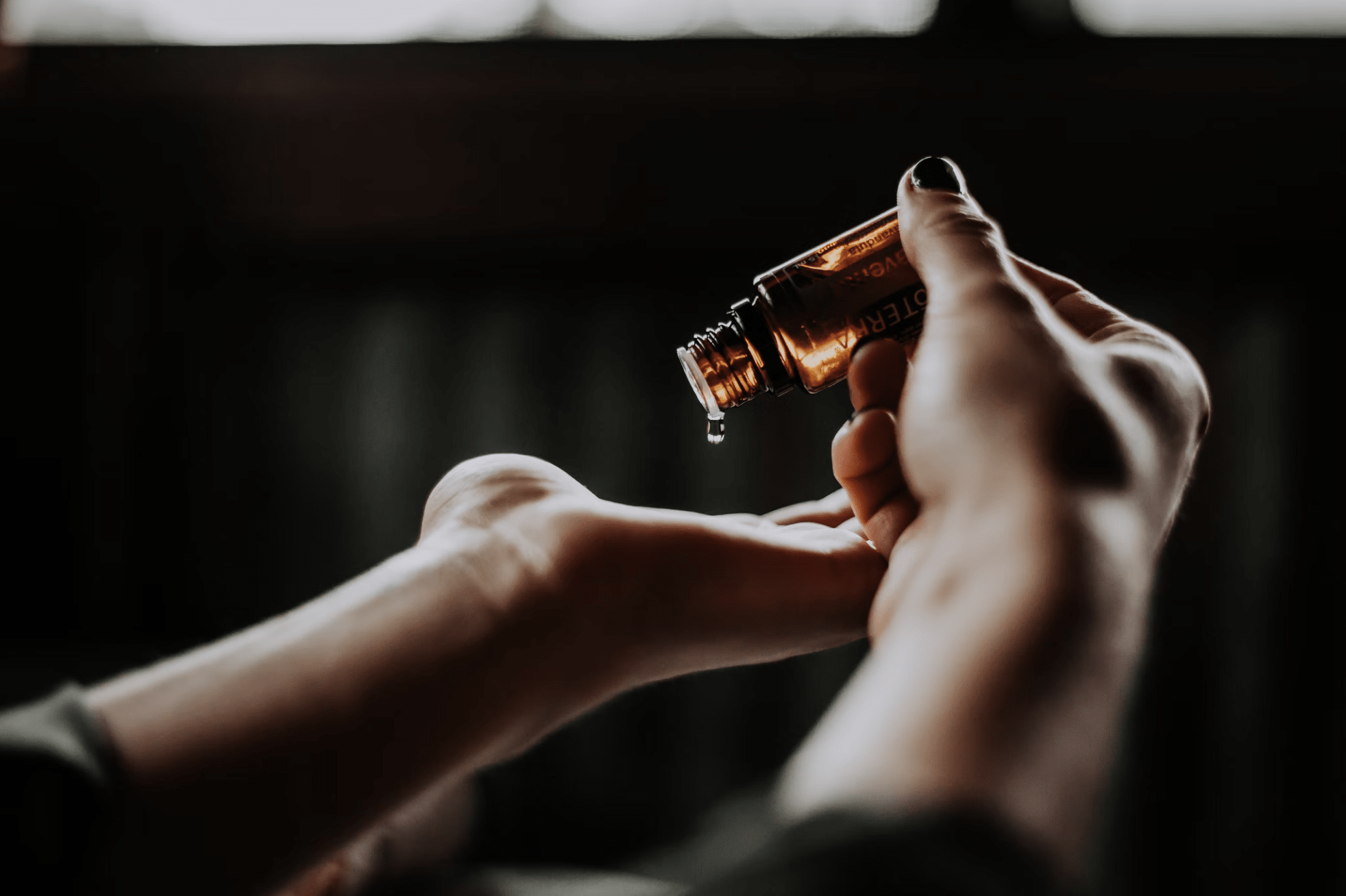

It is worth noting that sensory evaluation is inherently subjective. Our noses cannot perform mass spectrometry and sometimes memories can cause us to miss-smell, identifying different components to what are actually there. Our olfactory systems are wired to the brain differently to other senses and are just a synapse away from the regions used for memory and emotion.
This is the reason why aromas can be so evocative, and the way we interpret them can be hugely personal, which often means transporting us back to our childhood.
In another study, it was found that some sensations we perceive as taste, actually come from smell. And when you chew, molecules can “make their way back retro-nasally to your nasal epithelium,” explains Harvard's Venkatesh Murphy, meaning “all of what you consider flavour, is smell. When you are eating all the beautiful, complicated flavours…they all smell.”
You can test this theory by pinching your nose when eating something such as vanilla or chocolate ice cream. Instead of tasting flavour, “all you can taste is sweet.”
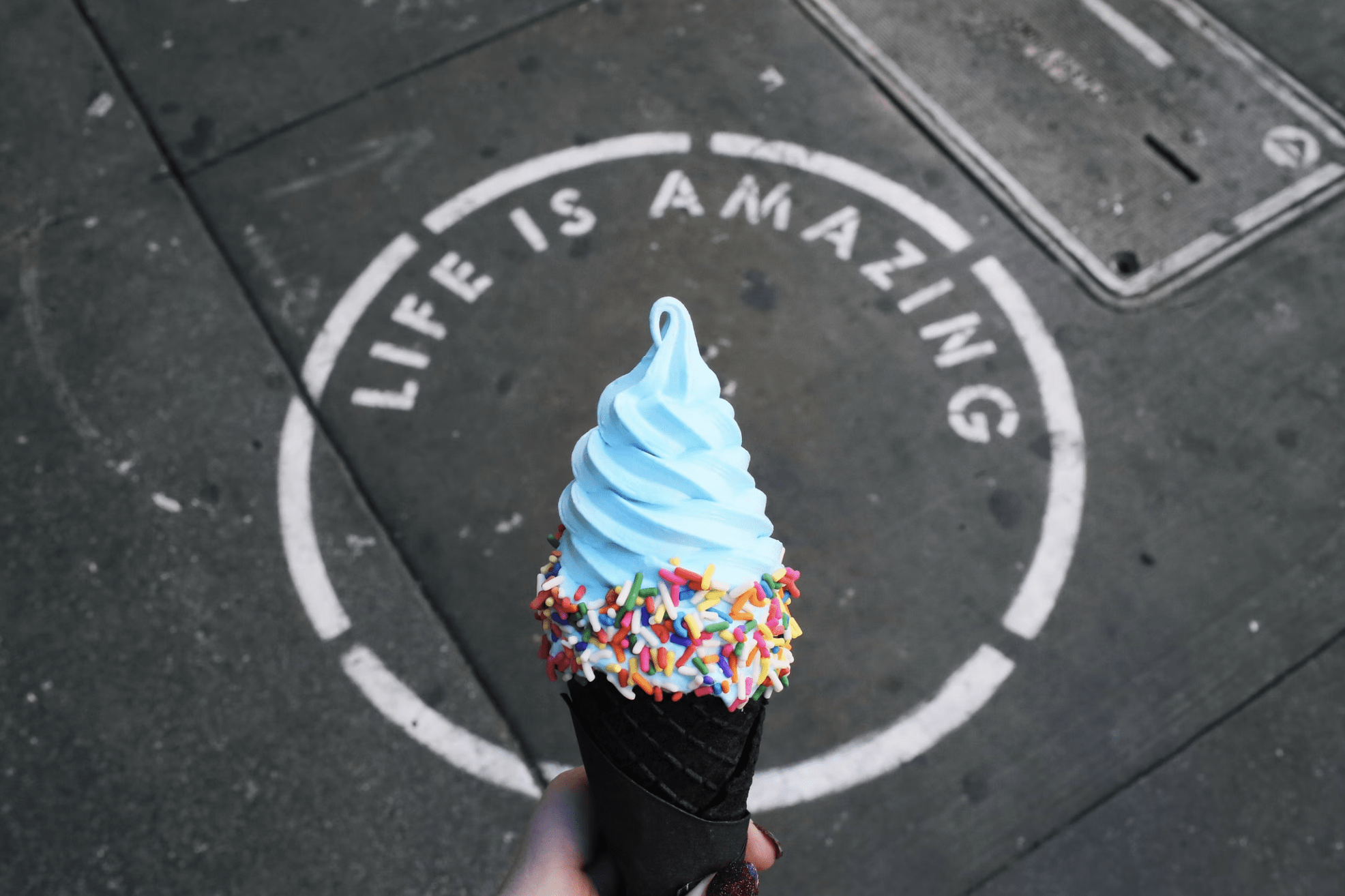

I would argue that even I don't often “chew” ice cream, and so slurping a spirit should cause a similar effect.
To test this, I spent a moment tasting a measure of Tarquins Cornish Dry with my nose pinched. I then tried again, fully nosing the glass. There was a discernible difference to each experience and a wealth of complexity came through on the palate that was clearly missing before. In particular I noticed the absence of the spices, cinnamon and green cardamom that are so evident in the flavour as soon as the nose is involved.
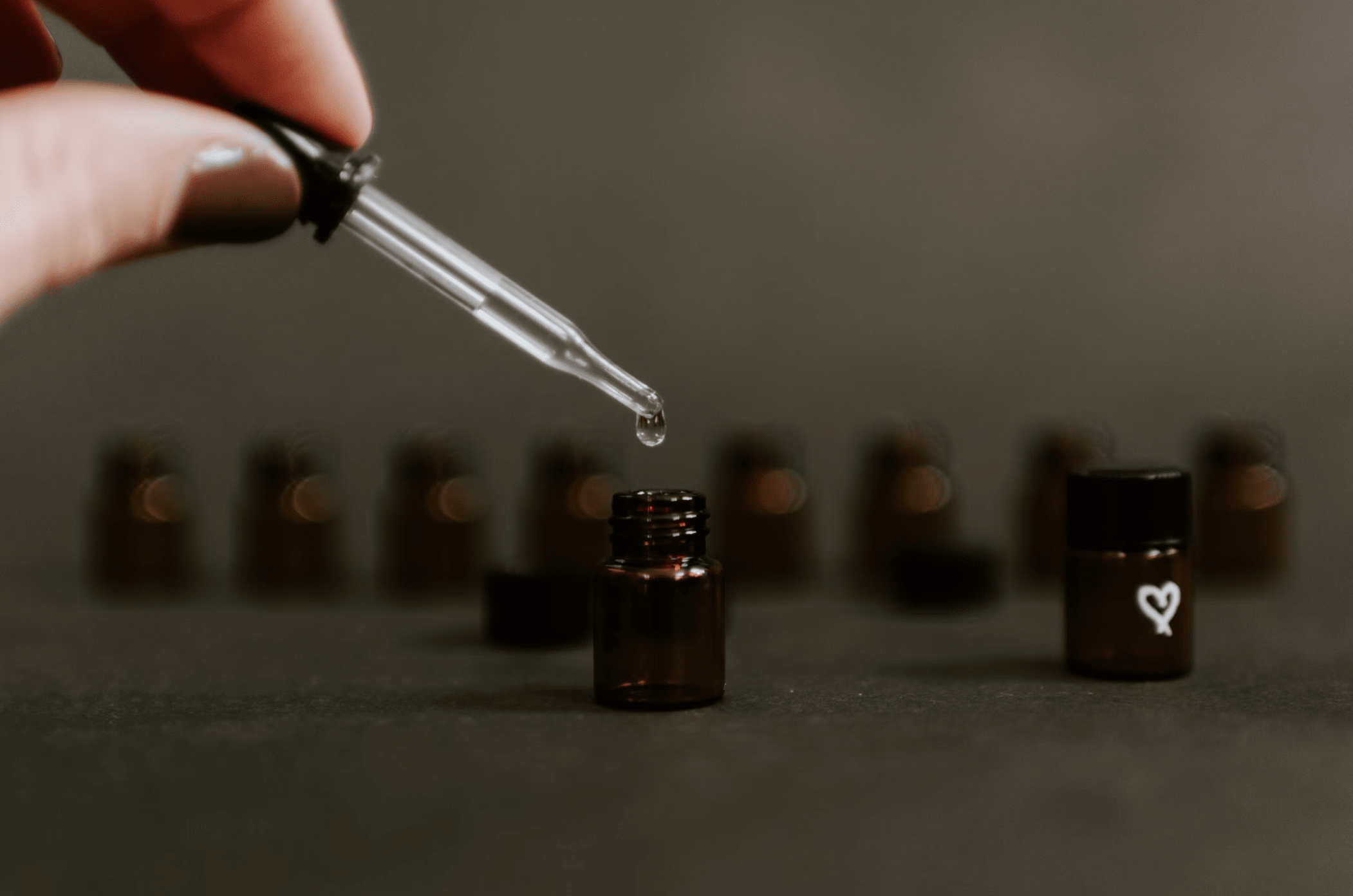

Matthew Pauly, Assistant Professor at Heriot Watt has carried out many tasting experiments and for accurate results he seeks to remove any and all outside influence.
He argues “Aromas are some of the most emotive of all the senses, this is thought to be due to the fact that the olfactory bulb (which itself contains brain cells) is so close to the brain and this means that the impulse is really strong.
In a taste panel scenario we try incredibly hard to remove external stimuli and influencing factors that have the power to alter perception. Certain colours, smells and music can potentially influence your perception. The classic example would be the holiday booze phenomena. The delightful local wine served cold with a tasty meal after a long day lounging on the beach tastes like the finest wines known to humanity, but unfortunately doesn’t taste the same when you uncork it after a delayed train journey in a rainy suburb in November!”


And there you have it – a glass can be a powerful connection to lead you back to far away destinations, to memories of holidays, to moments with friends. But it’s an echo and it doesn’t ring true perfectly.
The more powerful the connection in the first place, the better you will be able to trace back to it when you make yourself the next drink.
So, if you are going away make a note to savour the moment. Literally. The smell. The taste. The atmosphere. Nothing will recreate it, but hopefully next time you sip you’ll be able to suspend your disbelief and allow that visceral connection to take you on a delicious little journey…


